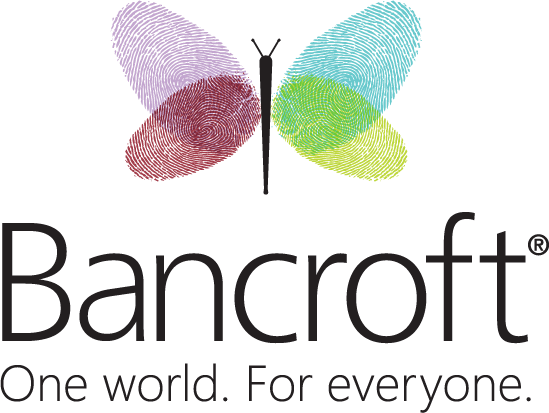
Tracy L. Kettering, Ph.D., BCBA-
Director, Bancroft ABA Center of Excellence
ABA Therapy is an effective treatment for individuals with autism. The specialized treatment enables children to overcome challenging behaviors and connect with their world, and includes individualized strategies to meet each child’s unique needs.
Below, Dr. Tracy Kettering, Ph.D., BCBA-D, Director of the ABA Center of Excellence at Bancroft, provides insight on what makes ABA Therapy so effective.
In your experiences, what specific social challenges are common for children on the spectrum?
Children with autism often have delays in social communication and language, which is one of the biggest barriers for a child with autism. Research also suggests that half of the children diagnosed with autism also display some type of challenging behavior, which makes learning, going to school, and engaging in the community much more difficult.
How would you define applied behavior analysis therapy?
Applied behavior analysis is the application of the science of behavior analysis to socially significant behaviors.
When applied to autism, ABA treatments utilize the science to increase appropriate behaviors, such as language or social skills, or to decrease inappropriate behaviors, such as tantrums and aggression.
What specific techniques do you use to enhance the social skills of those on the spectrum?
Behavior analysts use many teaching techniques, including prompting and reinforcement, and something called shaping to teach new skills. One of the most important features of ABA teaching strategies is that they are individualized for the child and that data are collected on progress so that the teaching techniques can be revised if progress hasn’t been observed.
Do you believe early intervention is important? If so, at what age should a parent start ABA therapy or other methods of increasing social skills?
Early intervention is crucially important and there is quite a bit of research to support this. Several studies have shown that while early intervention is effective for all ages, those that start by the age of two generally have better outcomes.
What other methods, if any, do you suggest a parent try to help a child (social classes, camps, apps, etc.)?
Every child with autism is different and may enjoy and benefit from different activities and therapies. There are also a lot of unproven and ineffective treatments on the market that families should try to avoid. Groups like Autism Speaks and The Association for Science in Autism Treatment are great resources for families to determine the support for any treatment they are considering. Local resources like the ABA Center of Excellence at Bancroft can shed light on groups, therapies, and experts in your area, too.









